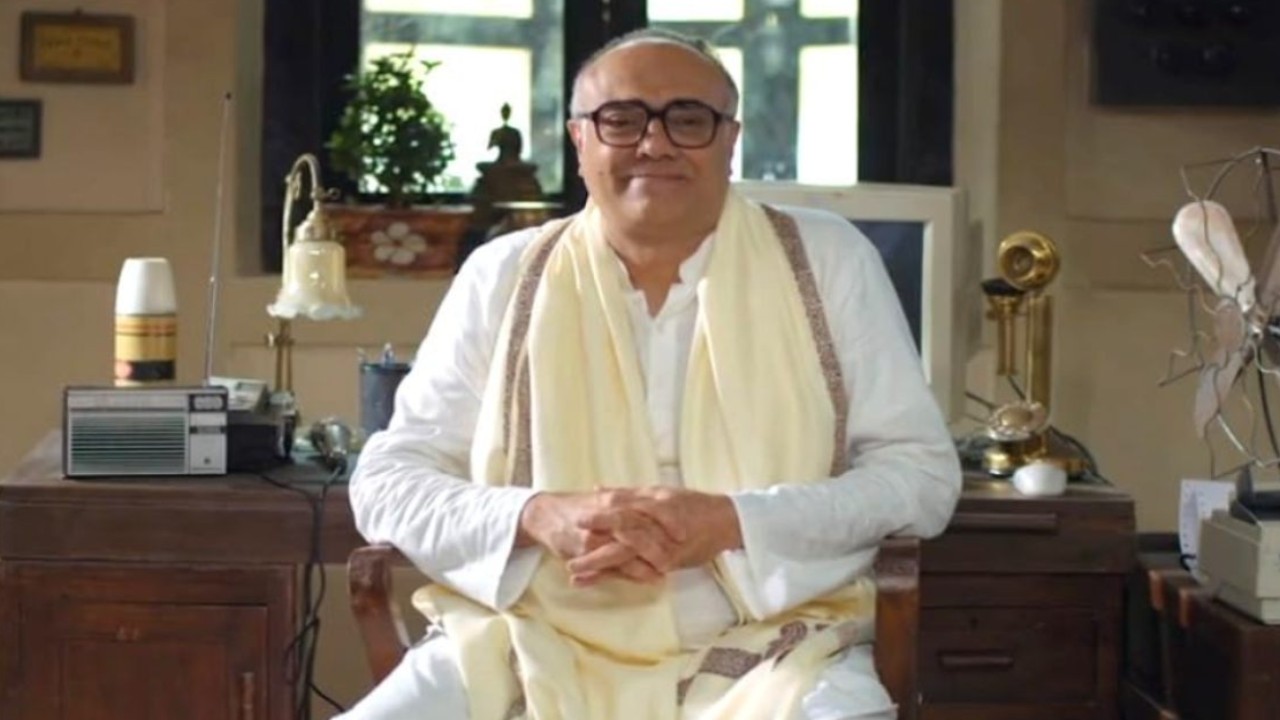The ongoing debate about the exploitation of actors and the high costs associated with star entourages remains unresolved, with no effective solutions in sight. Recently, Raazi actor Rajit Kapur highlighted the struggles faced by actors, many of whom are underpaid, unpaid, or working for free in hopes of securing opportunities. He pointed out that even if the supporting actor deserves 20,000 the makers end up taking it to 10,000.
In an interview with Unfiltered by Samdish, Rajit pointed out there is “no system” and that is a major factor behind pay disparities. He explained that casting agencies have only been around for about five years, and before that, directors and assistant directors would select actors who often waited for days without assurance. He highlighted that no one was there to advocate for the actors’ compensation. He said, “Even today there is exploitation. Even if you deserve Rs 20,000, they will say, ‘If you wanna do this, do it for Rs 10,000. Otherwise there are lot of people waiting for one opportunity.’ It happens till date.”
When asked whether the advent of casting agencies had improved conditions for actors, Kapur responded that, despite appearances, the situation remains problematic. He pointed out that while casting agencies may present themselves as professional, they do not address the fundamental issue of delayed payments.
He noted that, unlike corporate employees who are paid within 7 to 15 days, actors can wait up to 90 days for their compensation. He added that standing up against a producer could result in losing future work, highlighting that exploitation in the industry persists.
He further mentioned that discussions often reveal how stars are paid a significant portion of the film’s budget, while the supporting cast is told, “We don’t have money.” He recounted his reaction to such situations, stating that he would respond by saying, “Thank you. When you have the money, call me. Don’t waste my time.” He noted that he had adopted this approach in such circumstances.
The actor noted that while the rise of OTT platforms has certainly created more opportunities, exploitation within the industry continues unabated. He mentioned that despite the growth in opportunities, the problem persists, with OTT platforms still paying substantial amounts to foreign technicians but not adequately compensating actors.









